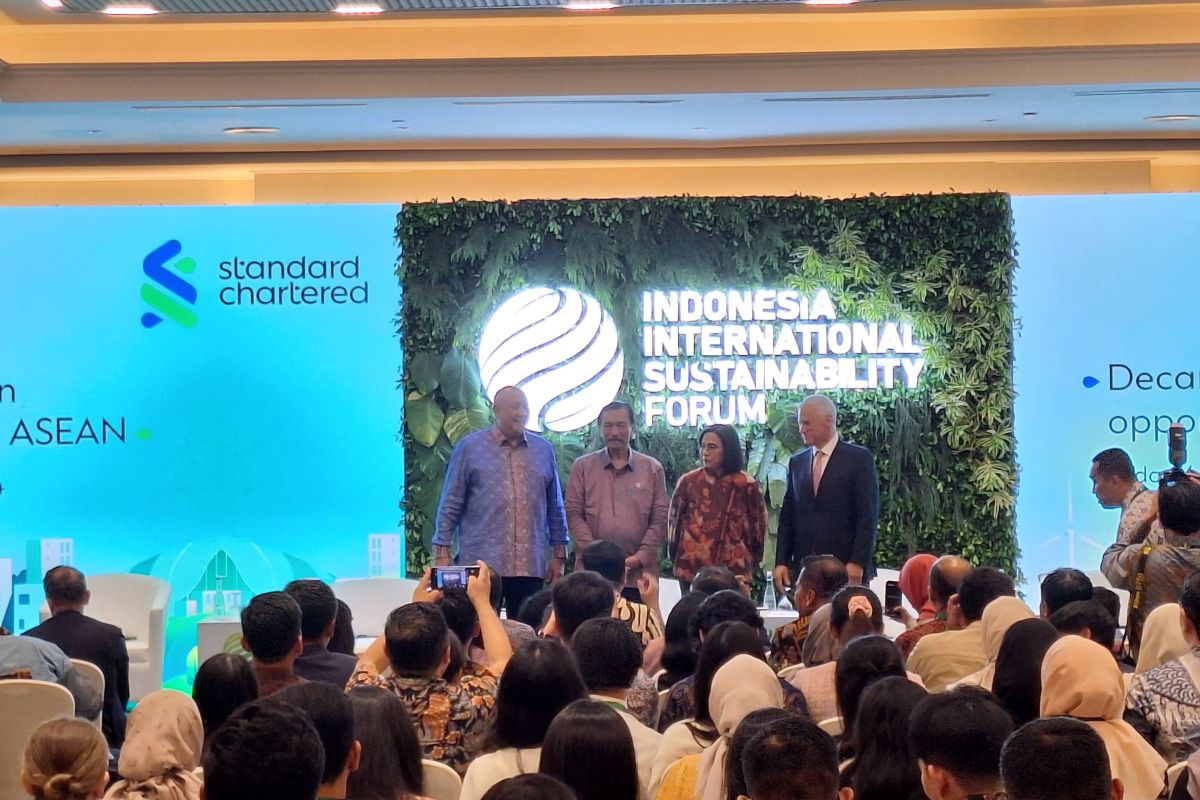Indrawati revealed that financing the energy transition could reach US$281 billion. Hence, she underscored the need for fiscal instruments and cross-sector cooperation.
"Energy transition costs around 1.1 times Indonesia's total budget," she said during the Indonesia International Sustainability Forum (ISF) 2024 in Jakarta on Friday.
While the budget cannot be the only source of financing, the government continues its efforts, not only through budget allocation but also by utilizing fiscal instruments, such as tax allowances, tax holidays, and import duty exemptions, she added.
The use of tax allowances and import duty exemptions aims to encourage the private sector’s role in supporting the country's energy transition.
The government has also created various financial instruments, such as issuing green sukuk and blue bonds, to fund projects aimed at reducing carbon emissions. From 2018 to 2023, Indonesia issued sukuk worth US$7.07 billion.
Indrawati emphasized the importance of market mechanisms based on climate financing through carbon pricing. These mechanisms include emissions trading and non-trading approaches, such as carbon taxes and results-based payments.
She noted that the government is also preparing technical regulations to implement cross-border carbon trading.
"As I mentioned, carbon is emitted without an 'identity.' Therefore, we need to determine what can be considered a contribution from Indonesia, Singapore, and Malaysia, and who should pay and how much," she remarked.
Indrawati also highlighted the role of the Indonesian Financial Services Authority (OJK) in creating a regulatory framework aligned with global climate goals.
With the reform of Law Number 4 of 2023, known as the Law on the Development and Strengthening of the Financial Sector, private sector financing will play a larger role in supporting the transition to a sustainable, low-carbon economy in Indonesia.
"The role of the OJK will be crucial in creating a platform for sustainability, aligning financial practices with global climate goals, and mobilizing funding, particularly from the private sector, to finance the transition to a low-carbon economy," she concluded.
Related news: Ministry highlights Indonesia's potential as solar panel supplier
Related news: Indonesia to supply 2-3 gigawatts of green electricity to Singapore
Translator: Bayu Saputra, Yashinta Difa
Editor: Anton Santoso
Copyright © ANTARA 2024












